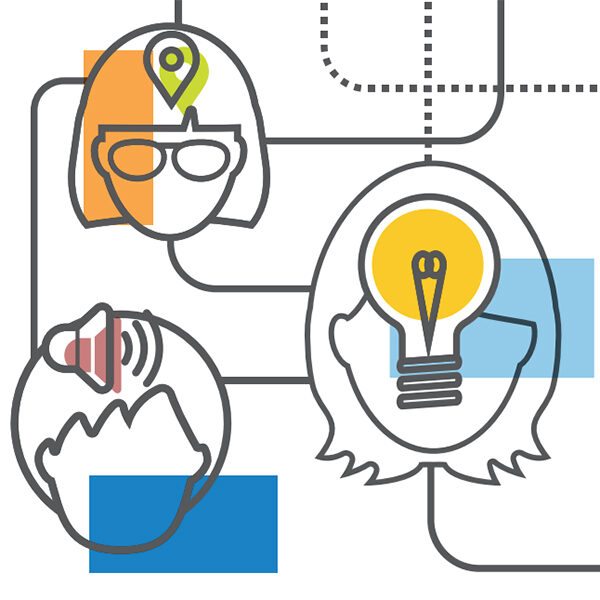
Recent survey points the way to better messaging around personalized learning
Over the past five years, The Learning Accelerator has highlighted how effective communications are a critical component of successful innovation in education. We’ve joined with other education leaders, organizations, and practitioners during this time to provide helpful tools and examples of how districts that are shifting to blended and personalized learning can develop engaging messages for their stakeholders.
But the truth is, tailoring messages to key audiences is working with a moving target. People’s understanding and opinion of concepts like personalized learning shift over time. So how can eager communicators stay on top of these shifts and craft messages that spark ongoing engagement?
Act Local, But Also Look National
District and school leaders should regularly survey their teachers, staff, students, and parents to get feedback on important topics and gauge the effectiveness of local messaging. Surveys and ongoing conversations build strong two-way communications channels to ensure effective listening as well as sharing. Districts that do this work build a culture of engagement, transparency, and trust that is critical for innovation both to take hold in the classroom and to be sustainable and scalable across many schools.
In addition, there are national organizations that periodically conduct (and share) research into what parents and members of the broader community are thinking about issues like personalized learning. Staying on top of these national trends can help add context to local communications. For example, the Foundation for Excellence in Educationrecently conducted a national survey which indicated that most respondents strongly agree that we need to think differently about schools and education. The fact that a primary goal of personalized learning is to better prepare students for college and career also polled highly. The survey demonstrated that respondents preferred the term “mastery” to “competency,” as the former inferred a higher standard of learning.
What are some of the specific messages about personalized learning that audiences found most compelling?
- Students will be able to have input into the types of projects and activities that help them learn best, increasing their interest and motivation.
- Students progress in school will be evaluated based on the knowledge and skills they can demonstrate successfully rather than the ‘seat time’ they have spent as a student.
- Diplomas will truly represent that a graduate is prepared with the knowledge and skills to succeed after graduation.
- Teachers will have tools to meet each student where they are in the learning process.
- Schools may change classroom design, school schedules, and use new technology tools to give teachers more flexibility to help every student.
Takeaways
The strength of the messages above support our recommendation that highlighting the teaching and learning goals of personalized learning, and not the technology alone, is critical. Also, sharing how teachers will be supported with tools and training to meet students where they are remains a powerful message. But perhaps most importantly, we have learned that describing a deep commitment to student success – for all students, regardless of personal or social circumstances – unlocks the kinds of conversations we need to be having as we work to innovate in education.
Learn More
Check out this recent blog post to learn more about the Foundation for Excellence in Education’s message testing project. For great insights into what parents are thinking about education topics, also visit Speak Up. Do you have other ideas for where to find current surveys and messaging research? Share at #PLComms and follow us @LearningAccel and @KeaneKira.

